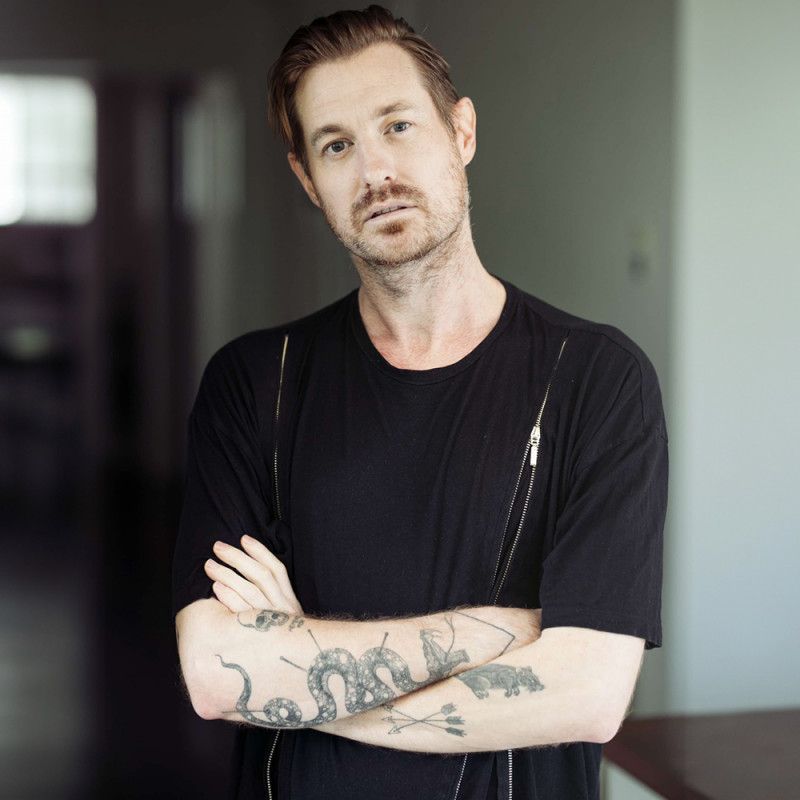Alex Cherian

Jason Lingard
Poetic brush strokes by Alessia Belsito-Riera
Though historically the queer community has been excluded from poetry or forced to write in code, contemporary queer writers are now at the forefront, Pōneke creative Jason Lingard says. “It’s the way we process our unique experiences and frustrations with having to exist in a heteronormative world.”
For Phantom Billstickers National Poetry Day on the 24th of August, Wellingtonians can delve into the poetic waters of four emerging local writers at Peculiar Letters. The reading and panel discussion hosted at Te Auaha will feature the work of Chris Girven (they/them), Larry McMyler (he/him), Alex Cherian (she/they), and Lingard (he/him) – the two latter of whom painted a picture of their poetic practice for me.
What drew you to poetry?
Jason: I’m a fashion designer, but recently I closed my fashion business and was at a loose end creatively. A friend gifted me a book by the New Zealand Poet Laureate Chris Tse, and I fell in love with it. It reminded me of how much I loved poetry when I was a teenager, and I wondered why I had ever given it up! So I set myself the challenge of writing again, and I’ve been absolutely loving it. It’s a new medium for me, but it’s not too dissimilar to visual art, it’s really just painting with words.
Alex: I’ve always been a writer of some kind or another. I’d done prose, theatre, and film scripts, but poetry was always one area I hadn’t gotten into until recent years. Honestly, it was because I kept falling for poets, and wanted to meet them on their own artistic grounds. I tumbled headfirst from there.
What themes will your readings focus on at Peculiar Letters?
J: We have left it pretty open, and I can’t speak for the others, but I think as queer writers we have a different way of looking at the world, particularly when it comes to sex, gender, society, and identity. Even when we write about everyday things, it is always through the lens of being a minority in a heteronormative world.
A: Sex and identity is my favourite stomping ground too. I fall into a lot of different minority categories myself and I’m always fascinated by the different ways people express their identities, especially through art. A lot of my own work tends to circle back to the same topics of selfhood, desire, and pure sensation, trying to reexamine them from all kinds of different angles and lenses.
What can audiences expect from the panel discussion?
A: I’m personally very interested in the communities that form around the arts and how my fellow creatives navigate those. I find the context of the world an artist lives in is so crucial to connecting with their work.
J: I think an insight into our process, how we construct a poem, different inspirations, and how we draw upon personal experiences. Poetry can sometimes be a bit abstract, so hearing a poet discuss their work is always really rewarding.
View more articles from:
« Issue 226, August 13, 2024

